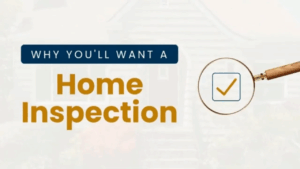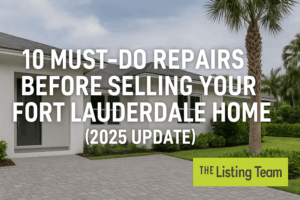How to Get Your House Ready to Sell in 30 days: A Day-By-Day Checklist
Any good angler would tell you that the first rule of effectively catching fish is maximizing the time that your line is in the water. They’ll also tell you that sometimes your first cast is the one with the best chance of getting a bite. The same is true with selling your house. The sooner you can get it on the market with the most attractive listing, the sooner you can get it sold.
We’ve prepared a 30-day guide to help you set a plan and stay on track to get your home listed with the best chances to sell for top dollar. We’ll walk you through your daily to-do list, complete with step-by-step instructions and expert tips so you can whip your home into shape on deadline.
For added expertise on how to nail the pre-listing process, we spoke with Toril Schoepfer and Lisa Hudson, two top real estate agents in Sumner, Washington. Working with 69% more single-family homes than the average agent in their area, this team knows just what it takes to get your house ready to sell in 30 days without compromising on sale price.
While the month ahead will be busy, you’ll hopefully know it was worth it when you collect that paycheck at closing and cash in on your hard work.
Week 1: Set your strategy and assemble your team
To sell your home, you can either list it on the market with a real estate agent or sell your house for cash to an investor or an instant buyer, known as an iBuyer. Dedicate your first week to researching which option is best for you.
Day 1: Estimate your home equity
First, determine your home equity — the current value of your home minus what you owe on your mortgage. Estimate your home’s current value with a free automated valuation model (AVM) tool such as HomeLight’s Home Value Estimator. Then, get your outstanding mortgage balance and calculate your approximate equity by subtracting this balance from your estimated home value.
The amount of equity you have will influence your best option to list your home in 30 days. If you’ve got a nice nest egg, selling is a great option to turn your equity into cash to put toward a bigger home or your retirement. On the other hand, with limited equity, you may want to weigh whether selling your home now is the best option — or if you should wait until you’ve got a bit more equity. Selling a home can typically cost up to 9%-10% of the sale price. So, the proceeds from the sale need to cover those expenses and then some if you hope to make a profit.







